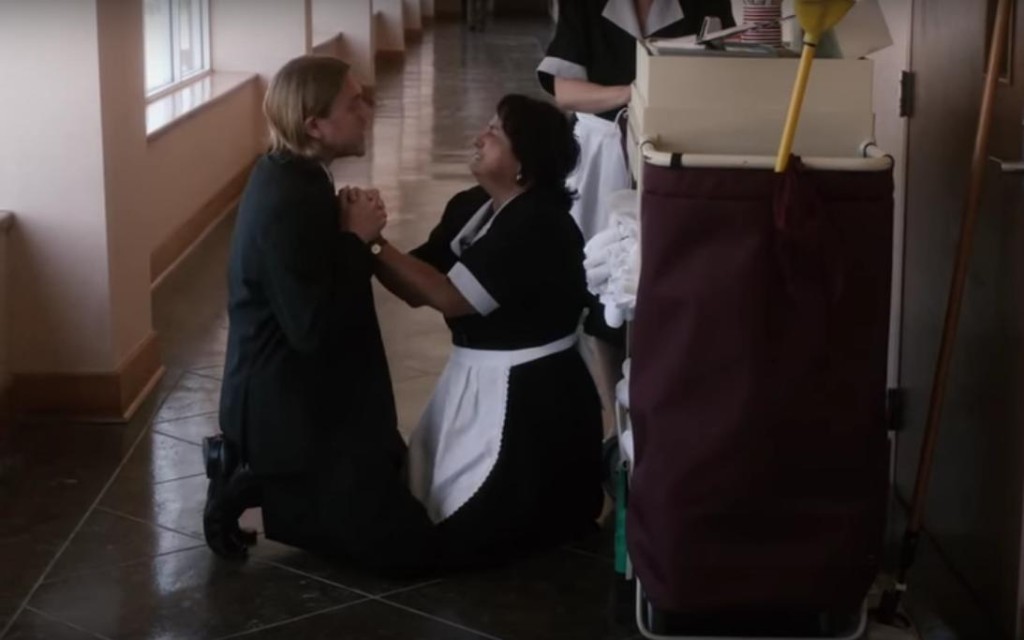Over at Patheos Atheist, this has become something of a burning question. Facciani, Broaddus, and Mousavi have weighed in so far, with answers ranging from “Why not?” to “Fuck no.”
For me, this is less of a hypothetical question and more of a lived experience. As my father was convalescing from a bout of life-threatening cancer-related complications, I sat huddled in prayer with my mother and their pastor. (This wasn’t the tolerant sort of pastor who’d turn up at Interfaith Alliance meetings to discuss ecumenical cooperation towards social justice, but rather something of a well-known fundamentalist firebrand. On pretty much any modernly disputed question of ethics or policy, Pastor Blair and I find ourselves firmly on opposite sides.) I could have refused to sit quietly by while he prayed for my parents. I could have simply left the room. I could have taken a bold stand for atheism. Had I done so, I would have missed the chance to hear this particular pastor say some things which significantly humanized him in my eyes. I would have added to my parents’ emotional burden at a time and place when they were already obviously overloaded. I would have taken a situation about someone else’s physical suffering and made it about my own emotional discomfort.

I’m not about to generalize my personal experience here, or universalize my own choices. I’m sure there are many social contexts in which I would refuse to play along, because a performance of public social signaling would prove intolerable. Mehta’s original question was about prayer for loved ones in the face of a serious illness, and I’m not seeing a significant signaling problem in that narrow circumstance. Either you’re out to your loved ones as an unbeliever, or you’re not. If you are, they ought not interpret prayer as a sign of religious reversion. If you’re not, well, you’re probably already playing along on all sorts of other occasions as well.
Your thoughts?
